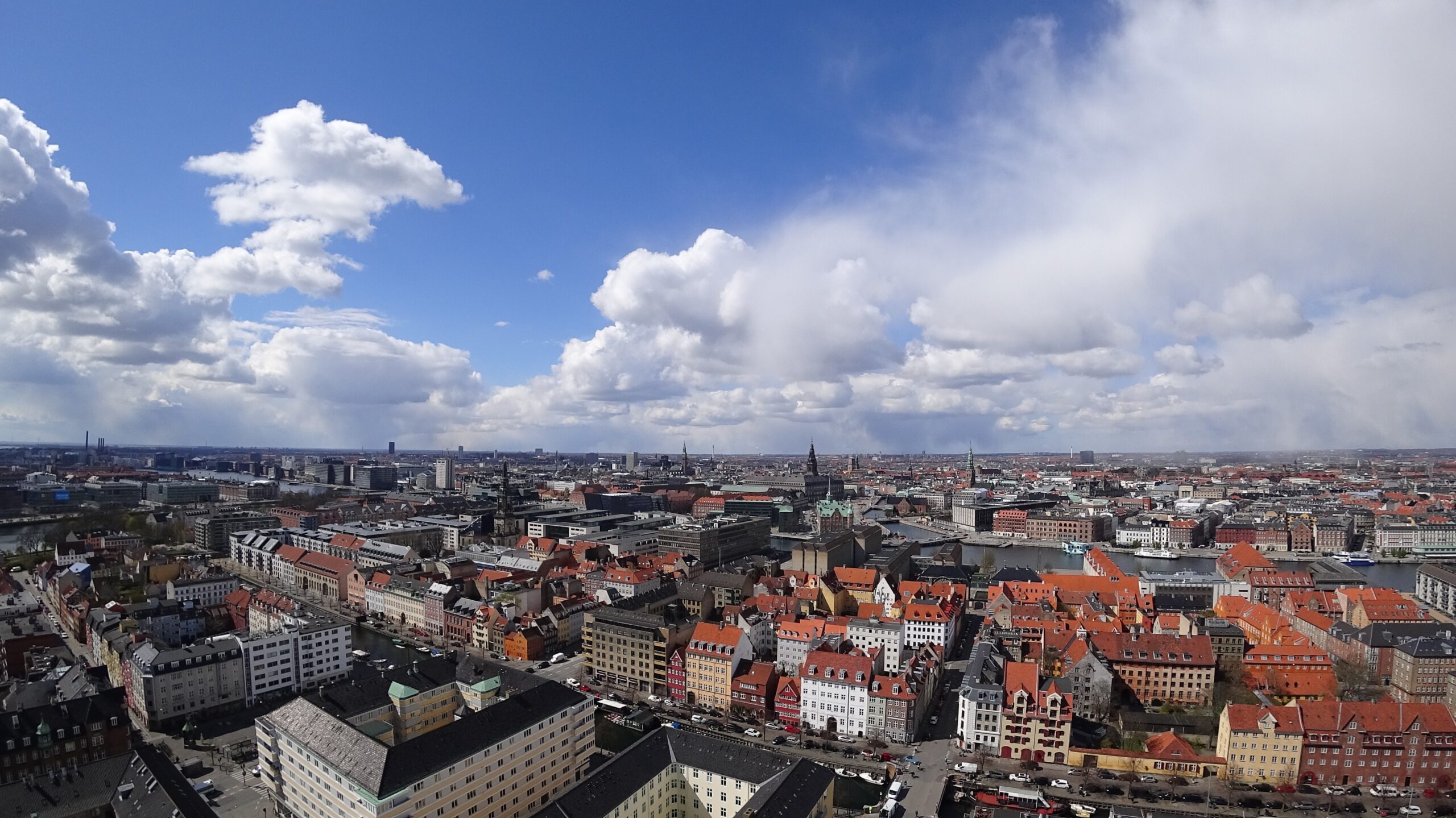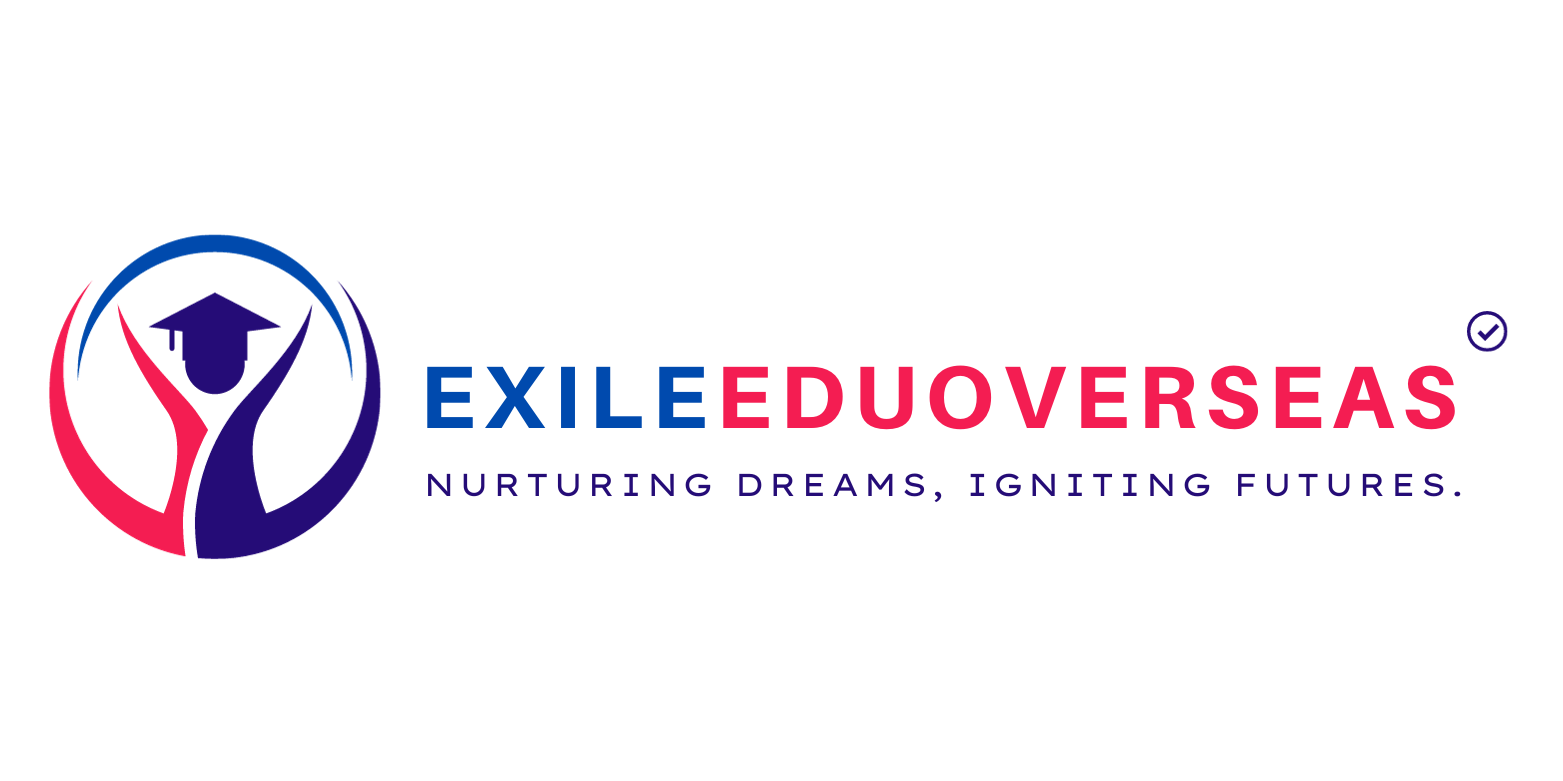
Study In Denmark
Studying in Denmark offers high-quality education and a vibrant international environment. Here are the key details regarding admission requirements and the visa process.
Admission Requirements
Choose A Program And University
Research universities and programs in Denmark that align with your academic interests and career goals.
Check Entry Requirements
Review the specific entry requirements for the program you’re interested in. This may include academic transcripts, standardized test scores (e.g., SAT, ACT), language proficiency (usually IELTS or TOEFL), and possibly a portfolio for arts and design programs.
Prepare Application Materials
Gather and prepare all necessary documents, including transcripts, diplomas, letters of recommendation, and a personal statement or motivation letter.
Apply Online
Most universities in Denmark use an online application system. Create an account, select your program, and submit your application along with the required documents.
Pay Application Fees
Some universities may have an application fee. Check the university’s website for specific details.
Wait For Admission Decision
After submitting your application, wait for the university to process it and make an admission decision.
Acceptance And Enrollment
If you’re accepted, follow the instructions provided by the university to secure your spot. This may involve paying a deposit or confirming your enrollment.
Visa Process
Check Visa Requirements
- Determine if you need a visa to study in Denmark based on your nationality.
- Visit the official website of the Danish Ministry of Foreign Affairs for the most up-to-date information.
- Apply for a Residence Permit:
If you’re from a non-EU/EEA country, you’ll need to apply for a residence permit for the purpose of studying. Apply through the Danish Immigration Service (Udlændingestyrelsen) or at a Danish diplomatic mission in your home country.
Provide Required Documents
Typically, you’ll need to submit the following documents
- Passport
- Letter of acceptance from a Danish university
- Passport-sized photos
- Proof of sufficient funds to cover living expenses
Health Insurance
Arrange for comprehensive health insurance coverage that meets the Danish requirements.
Biometrics And Interview
You may be required to provide biometrics (fingerprints and photo) at a Visa Application Center or the Danish diplomatic mission. Some applicants may also need to attend an interview.
Wait For Visa Approval
Processing times may vary, so it’s important to apply well in advance of your intended start date.
Arrival In Denmark
Upon arrival in Denmark, you’ll need to register your address with the local authorities.
Additional Tips
- Ensure you have sufficient funds for tuition fees and living expenses.
- Familiarize yourself with the Danish immigration policies and regulations.
- Stay updated with any changes in visa policies or requirements.



